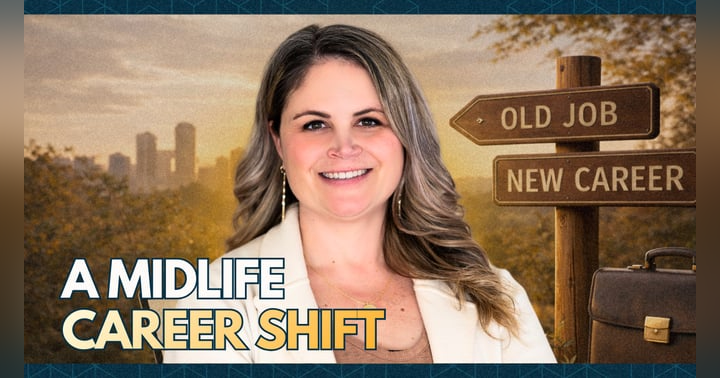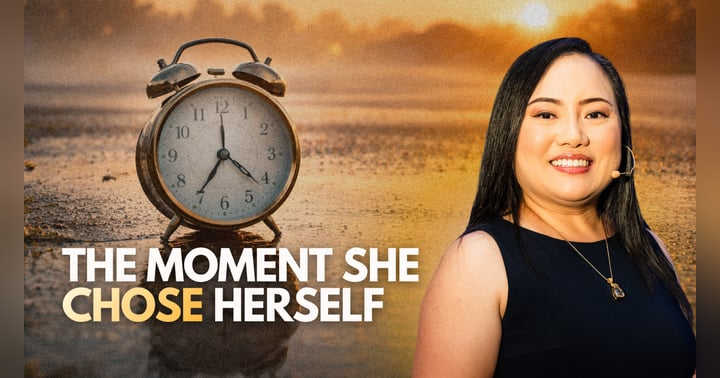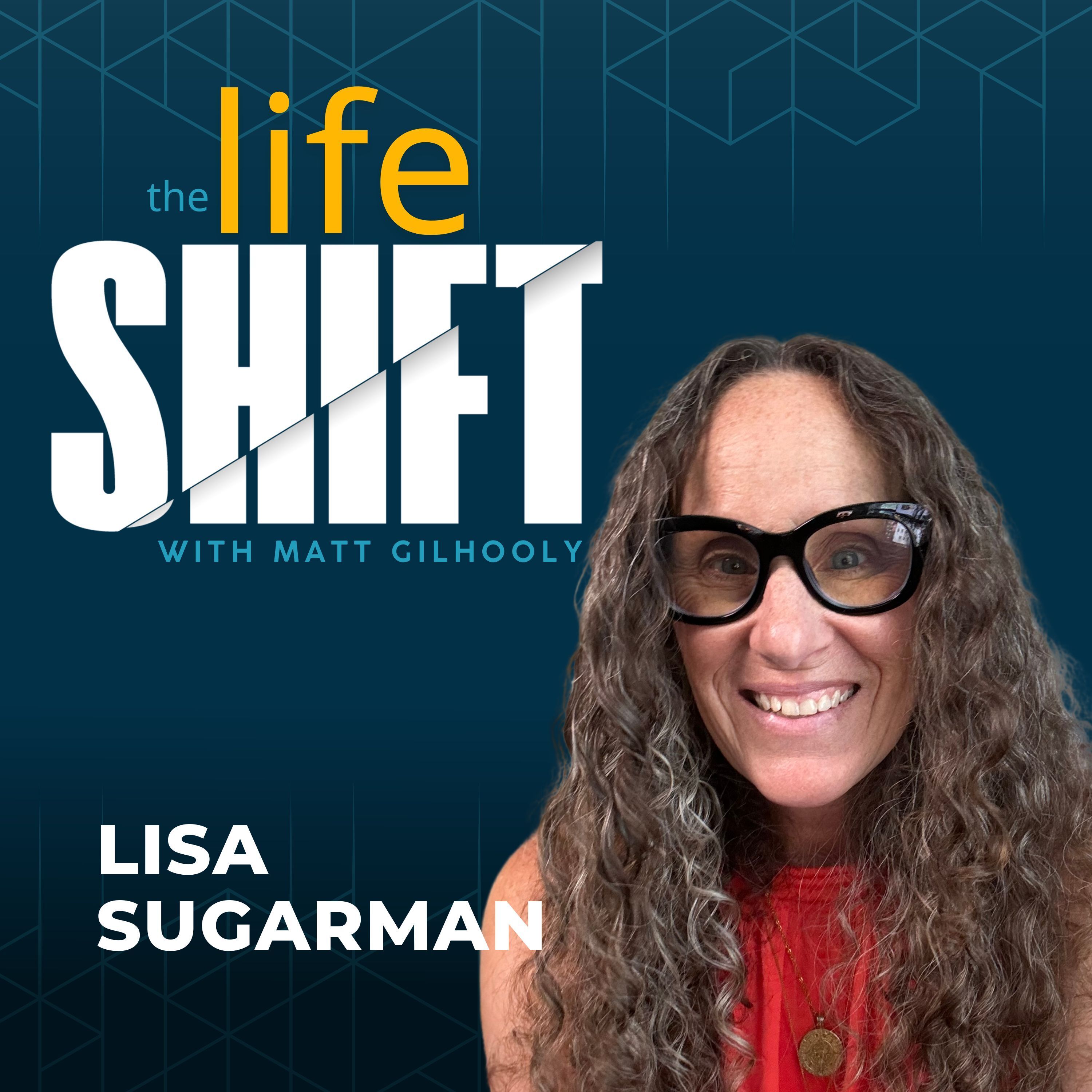When the Truth Reshapes Everything: Lisa Sugarman’s Unexpected Life Shift

Living with Half the Story
When Lisa Sugarman was ten years old, she was told her father died of a heart attack. It was a painful truth to carry, but one that allowed her to grieve and eventually move forward. For 35 years, that version of her story was the foundation she built her life on.
Until one question – a simple, unplanned question – shattered that version of reality. And in its place came a truth that would force Lisa to grieve her father all over again.
Discovering the Truth
At 45, Lisa found herself in a conversation with her mother, one that unfolded slowly and unexpectedly. After a family member made a passing comment that didn’t quite add up, Lisa asked if her father had ever struggled with depression. Her mom quietly confirmed it. Before she knew it, Lisa heard herself asking the question that would change everything: “Did he take his own life?”
Yes.
That single word unraveled the story Lisa had believed for decades. Her father hadn’t died of a heart attack. He had died by suicide.
Grieving All Over Again
What followed was a second wave of grief — one Lisa hadn’t prepared for. She shut down emotionally. For a long time, she told no one but her husband and mother. Not even her kids knew. She lived a split life, showing up for the world while quietly unraveling at home.
One of the most powerful moments she shared on The Life Shift Podcast was how this discovery made her question every memory. Had he really been happy when he laughed with her? Had he been masking pain all along? She described the early days of this second grief as feeling like her entire relationship with her father had been contaminated.
And yet, she also shared the advice her husband gave her in those moments: “Those memories were still real. He was still your dad. Nothing about your love for each other changes.”
That stayed with me.
Reframing Grief and Finding Purpose
In time, Lisa began to rewrite the narrative — not to change what happened, but to understand it differently. As she learned more about mental illness, she realized her father’s death wasn’t a selfish act. It was the result of an illness. Just like heart disease or cancer, depression is something that can take lives.
Once that clicked, something shifted.
Lisa stopped being angry at her dad. She began to talk about him again. She opened up to her children, picked up her pen, and eventually shared her story on a podcast. That one conversation led to others. And soon, she realized her lived experience could help others navigate their own.
Since then, Lisa has become a mental health advocate, author, columnist, and speaker. She’s a crisis counselor with The Trevor Project, cohost of The Survivors Podcast, and the founder of The HelpHUB – a free online platform offering mental health tools, resources, and crisis support for every kind of community.
Why Stories Like Lisa’s Matter
What struck me most in our conversation was how Lisa described the loneliness of being a kid who lost a parent, and the deeper isolation of losing them in a way no one talked about. I felt that too. As two only children who lost a parent young, we connected in that unspoken place. The one where grief shapes who you become, but no one teaches you how to talk about it.
Lisa’s story reminded me that the stories we don’t tell can weigh the heaviest. And when we finally share them, even decades later, we create space for connection. We give others permission to tell their own truths. And maybe, just maybe, someone out there feels less alone.
You can hear Lisa’s full story on The Life Shift Podcast at www.thelifeshiftpodcast.com.














